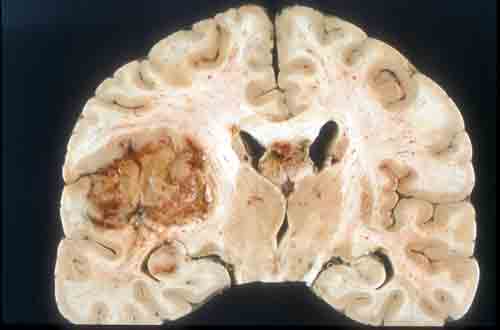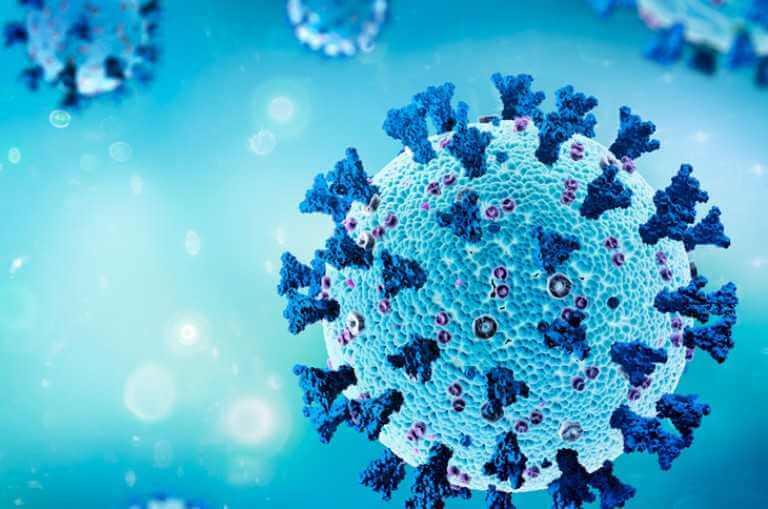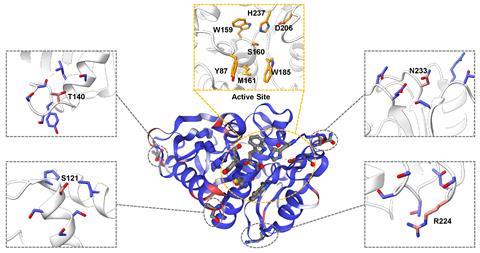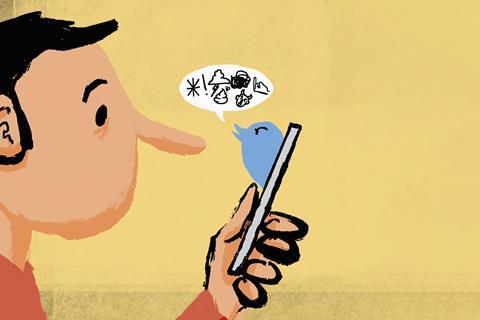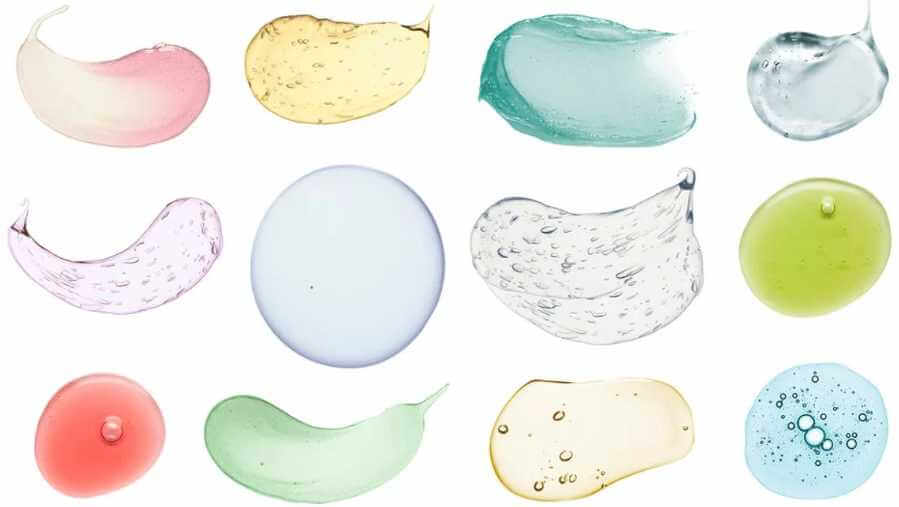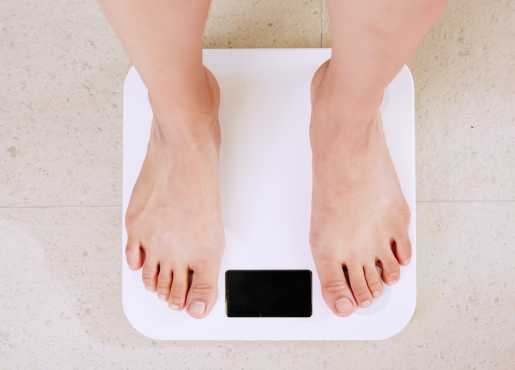Findings from a seven-year research project suggests that there could be a new approach to treating one of the most common and devasting forms of brain cancer in adults – Glioblastoma Multiforme (GBM). In a peer-reviewed study published by BMC Cancer, scientists from the University of Surrey show that a short chain of amino acids (the HTL-001 […]
Read More